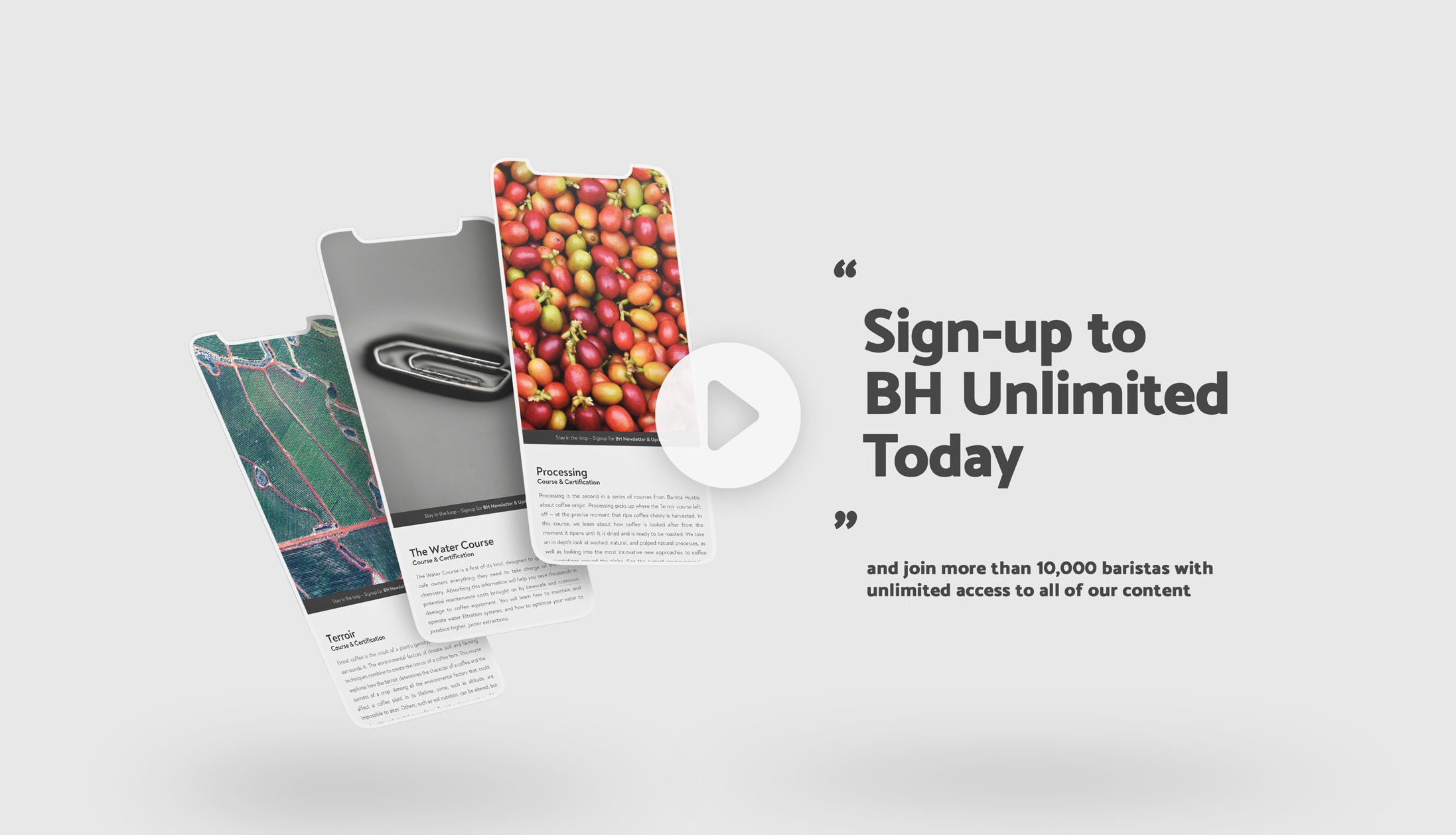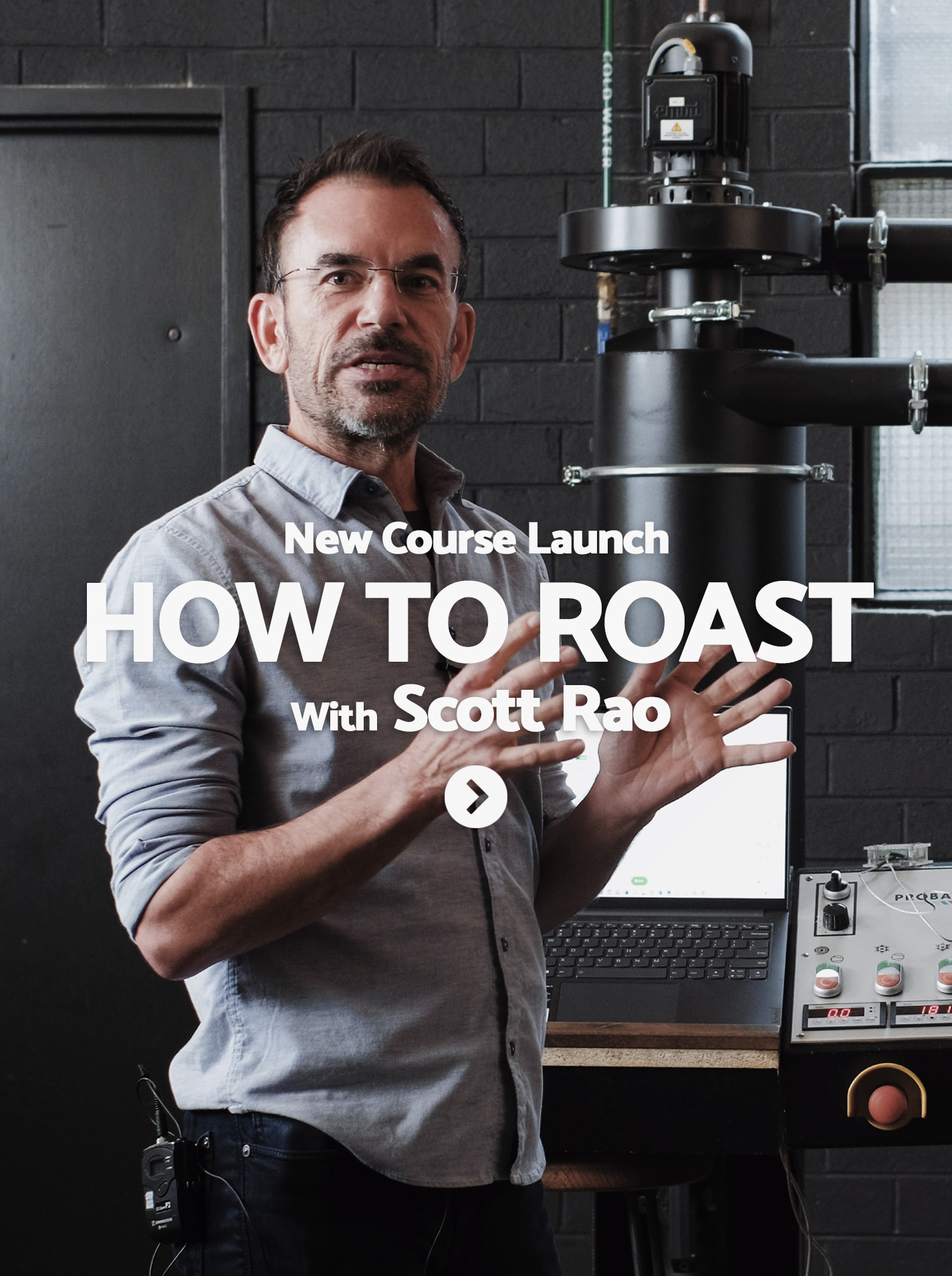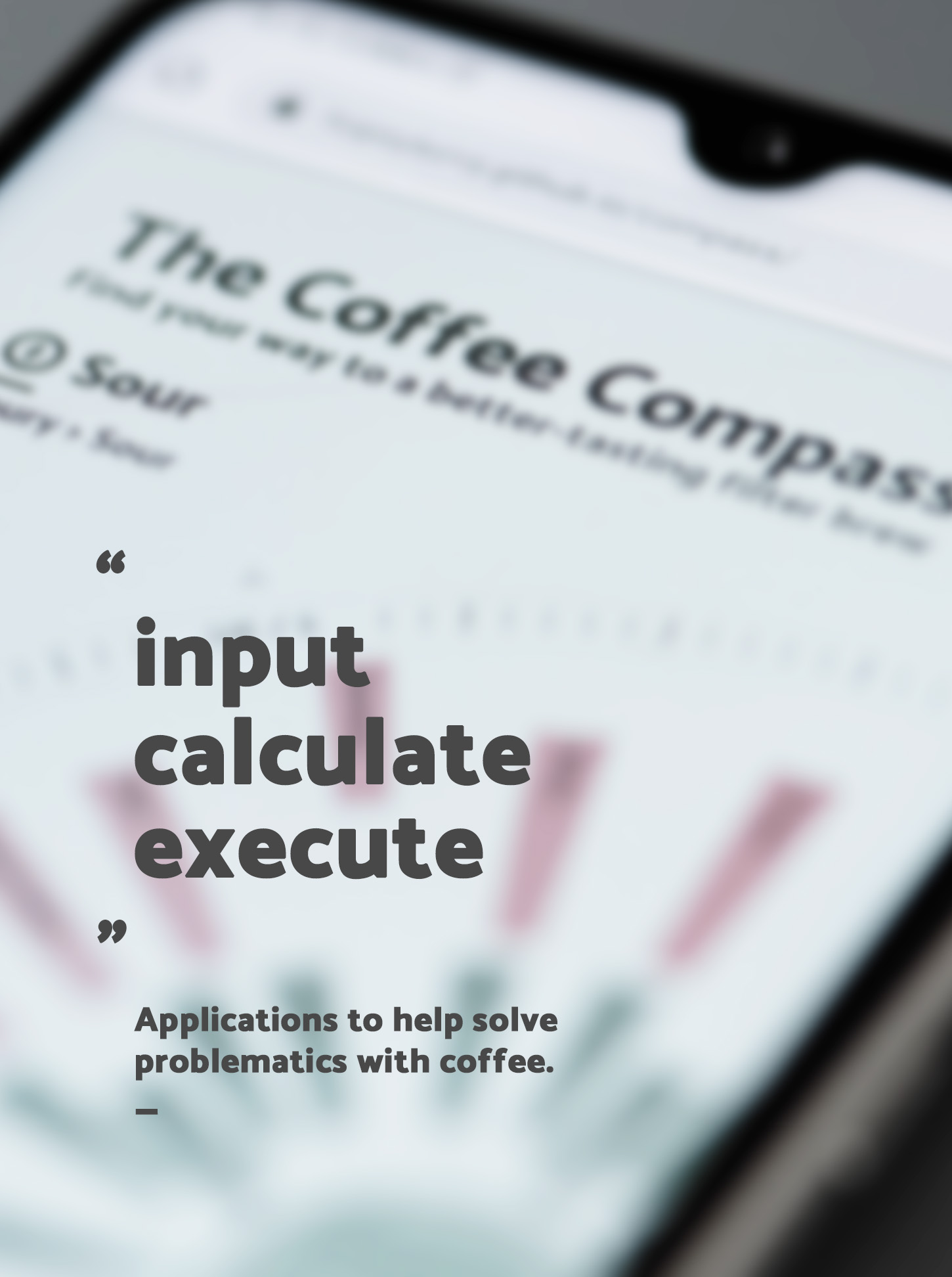What’s the most temperature-stable material to use when brewing?
The short answer is: plastic cones are best. They absorb heat from the brew water less quickly, absorb less heat overall, and lose that heat to the air more slowly. To really understand why plastic is the best choice of materials from a brewing perspective, we need to delve into a little physics. There are three things that affect how much heat you lose via the cone:
- Conductivity – which measures how quickly the heat passes into and through the cone
- Specific Heat Capacity – how much heat energy it takes to change the temperature of the cone
- Heat loss at the surface – how quickly the cone gives up heat to the atmosphere
Conductivity
You probably remember from high school science lessons that plastic is a good insulator, and metal is a good conductor. Glass and ceramic fall somewhere in between. That tells us that plastic wins on conductivity, at least – but by how much?
| Material | Acrylic | Glass | Porcelain | Stainless Steel |
| Conductivity (W/mK) | 0.2 | 1 | 4-5 | 16 |
(Source: engineeringtoolbox.com)
As you can see, porcelain is 20–25 times as conductive as acrylic (a typical plastic). This means that the heat will travel out of your brew and into the cone much more quickly.
Specific Heat
Next, we consider how much energy the cone is capable of absorbing. This is called specific heat, and is measured in joules per kg per degree – in other words, how many joules of energy it takes to change the temperature of one kilogram of the material by one degree.
| Material | Acrylic | Glass | Porcelain | Stainless Steel |
| Specific heat (J/kgC) | 1250 | 753 | 1085 | 490 |
So plastic takes more heat energy per kilogram to increase in temperature by a given amount. However, a typical ceramic cone weighs four times as much as a plastic cone, so it will absorb around 3.5 times as much heat overall for the same temperature change.
This one often trips people up: it’s common to hear baristas say they prefer ceramic cones ‘because they hold more heat’. However, this is actually a bad thing, as it means it’s taking more heat out of the brew water.
Heat Loss at the Surface
Finally, heat leaves the cone into the atmosphere either by convection or radiation. The rate of convection depends on the surface temperature. More conductive materials will pass heat energy to the surface more quickly. Once the heat is at the surface, materials with lower specific heat will get hotter for a given amount of heat transfer. So plastic, with its lower conductivity and higher specific heat, will lose considerably less energy to convection than the other materials.
The rate of heat loss by radiation depends not just on the material but its structure, including how polished it is, as well as the surface temperature, so is hard to estimate by calculation. Glass, porcelain and plastic will all radiate a similar amount for a given temperature. Steel will radiate rather less, but this is offset by the fact that the high conductivity and low specific heat means that the surface temperature will get hotter much more quickly. Furthermore, the maximum heat loss by radiation is about half that of convection.
What About Insulated Cones?
Air is a better insulator than any of these materials, with a conductivity of around 0.02 W/mK. Some cone designs exist that take advantage of this, using either a double wall to trap a layer of air, or an open mesh-type structure to minimise the amount of material in contact with the filter, leaving it open to the air. These designs may help retain heat to some extent – however even in these cases the best material to make them from would still be plastic.
In the double-walled glass cones, the mass of glass will still absorb a lot of heat before the air layer comes into play. A plastic double-walled cone would work much better.
In the metal mesh-type cones, the surface area of the metal is still significant, which means it will still draw some heat away from the brew and dissipate it to the atmosphere. There will also be additional heat loss at the outer filter surface due to evaporation, which is a highly efficient way of transferring heat to the atmosphere. Ultimately, using a material closer to expanded polystyrene would do the same job much better and more cheaply.
Conclusion
So based on these three factors, plastic cones win every time — they absorb heat from the brew water less quickly, absorb less heat overall, and lose that heat to the air more slowly. The design of the cone, particularly its weight and surface area, play a part, but whatever design choices are made, plastic is the logical material to use. This conclusion may seem disturbing to some readers who are focussed on the growing problem around plastic pollution. To tackle that important subject, we have commenced work on a course called The Decision Tree. Furthermore, the growth of BH Unlimited means that our subscribers are helping make this important course open-access. That’s right, The Decision Tree course is free for everyone.




First of all, thank a lot for the useful information comparing these often used materials. Yet, some ideas pop up in my mind.
If the plastic one is overall the best material among the others in terms of heat transfer, then why is it the case that most competitors in the brewers cup championship use a ceramic v60 instead of a plastic one?
For sure, you’re not wrong hey.greg, but as you know, there’s much more to a great coffee than just temperature stability in brewing. Almost certainly great coffee beans, great roasting, together with consistency and top barista technique influence the results in competition more than what material the filter cones are made from. Some baristas may even prefer the temperature profile of their brews to decline more quickly and may choose not to preheat and to use a material like ceramic for that reason. This said, it is certainly our preference at BH to use filter cones with very low thermal conductivity.